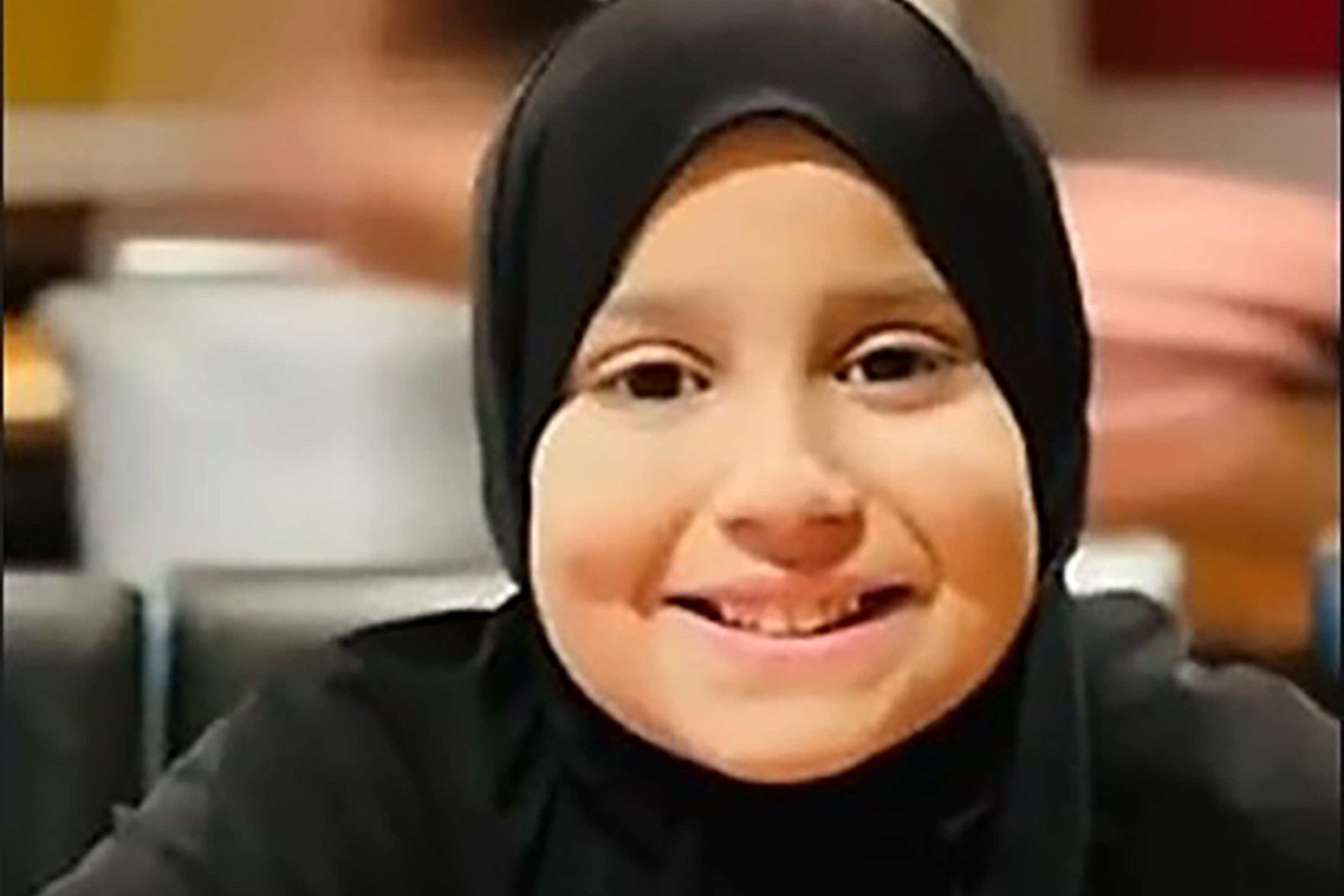Parents face asking councils for permission to homeschool at-risk children
MPs debated the Children’s Wellbeing and Schools Bill on Wednesday

Your support helps us to tell the story
From reproductive rights to climate change to Big Tech, The Independent is on the ground when the story is developing. Whether it's investigating the financials of Elon Musk's pro-Trump PAC or producing our latest documentary, 'The A Word', which shines a light on the American women fighting for reproductive rights, we know how important it is to parse out the facts from the messaging.
At such a critical moment in US history, we need reporters on the ground. Your donation allows us to keep sending journalists to speak to both sides of the story.
The Independent is trusted by Americans across the entire political spectrum. And unlike many other quality news outlets, we choose not to lock Americans out of our reporting and analysis with paywalls. We believe quality journalism should be available to everyone, paid for by those who can afford it.
Your support makes all the difference.New rules for homeschooling children could have helped bolster the safety of murdered 10-year-old Sara Sharif, an MP has suggested.
Munira Wilson described schools as “a key safeguarding partner” where teachers can look out for signs of abuse.
Parents who want to homeschool their children face having to get permission from their local council, if their child is at risk of harm, according to plans in the Children’s Wellbeing and Schools Bill.
The move would help the Government put young people’s safety “first”, Education Secretary Bridget Phillipson told the Commons on Wednesday.
Ms Phillipson also said town halls will also have to set up a register of homeschooled children, whether they are at risk of harm or not, “because if children aren’t in school, we need to know where they are”.
Sara, whose battered body was discovered at her family home in Woking, Surrey, in August last year, was removed from school by her family, despite teachers having noticed marks on her face and referred her to social services.
Homeschooling her allowed the abuse at the hands of her father Urfan Sharif, 43, and stepmother Beinash Batool, 30, to carry on “beyond the gaze of the authorities”, sentencing judge Mr Justice Cavanagh said last month.
At the Bill’s second reading, Ms Wilson told the Commons: “All the evidence points towards the fact that education and schools – and that’s why it’s in the Bill – have to be a key safeguarding partner, so where a child is at risk and has been identified as being at risk, ensuring that that child is in school, as this Bill seeks to do, will help to safeguard them.
“But we saw too tragically in the recent case of Sara Sharif the fact that she was taken out of school and then being abused at home and tragically died, but the point is this is just an additional measure to make sure that she is safe.”
At the despatch box, Ms Phillipson had earlier said: “I respect the rights of parents to make choices about their child’s education, but children’s safety must always come first, and under this Government, their safety will always come first.”
Beyond parents’ wider duty to register children not in school, councils will have to give their consent for homeschooling if the child is registered at a special school, or if they are on a child protection plan or subject to child protection inquiry.
But Rebecca Smith warned that plans for a register run counter to the principle that “parents – not the state – hold primary responsibility for the education of their children except, I admit, in the minority of cases where there is harm or neglect”.
The Conservative MP for South West Devon added: “Let’s not forget that many parents opt to homeschool because the state system has failed their children.”
Ms Smith said: “There has to be a middle ground that we could find here. I suggested, didn’t I, that we’re using a hammer to crack a nut?
“I don’t think a lot of these parents are against having to say something about what they’re doing, but to suggest that they have to give absolute chapter and verse to their local authority – who in many cases are going to have failed them already, where that relationship may well have broken down – feels like it’s too much of a strike.”
Conservative former minister Graham Stuart warned of “a conflation of a failure of social services, which needs to be fixed, with home education, which is entirely separate”.
The Bill also features a duty on authorities to share information with each other about children, if it could help promote their welfare.
Chris Coghlan, the Liberal Democrat MP for Dorking and Horley in Surrey, raised the cases of two teenagers who died by suicide – Jennifer Chalkley and Oskar Nash.
Coroners who looked into both cases found failures with Surrey County Council’s special educational needs department.
Intervening, the Liberal Democrat MP for Woking Will Forster said: “Will (Mr Coghlan) agree with me that the provisions contained in this Bill, which would not just encourage but force local authorities to share that data, could have saved Sara from Woking, and could save vulnerable children going forward?”
Mr Coghlan replied: “I, of course, agree with you that public data sharing between public authorities is vital to ensure that it does not happen again.
“But it is not enough, and it will not prevent alone the catastrophic and systematic negligence by Surrey County Council.”
The MP accused the authority of “ignoring existing legislation”.
Surrey County Council has been approached for comment.